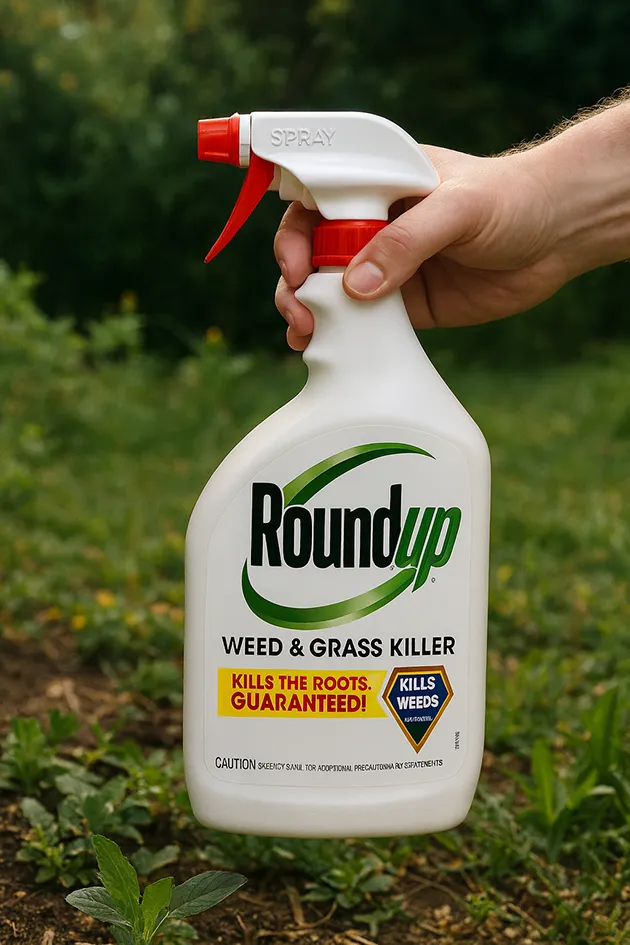What is the Fair Credit Reporting Act - FCRA

Photo Credit: Unsplash
Updated: October 16, 2024
What is the Fair Credit Reporting Act (FCRA)?
The Fair Credit Reporting Act (FCRA) is a consumer protection law that stands as a bulwark protecting consumer rights. Enacted in 1970 and significantly improved over the last 55 years, this federal law has become increasingly relevant in our digital age with accelerating numbers of FCRA-based class action lawsuits and settlements.How Does the FCRA Protect U.S. Consumers?
At its heart, the FCRA aims to ensure that consumer reporting agencies (CRAs) operate with fairness, accuracy, and respect for privacy. It sets the rules for collecting, accessing, and using consumer information, particularly in credit reporting.Key FCRA Laws That Empower Consumers
1. Access to Credit Reports The FCRA mandates that consumers can obtain one free credit report annually from each of the three major credit bureaus: Equifax, Experian, and TransUnion. In response to the COVID-19 pandemic, this has been temporarily expanded to weekly free reports through December 2023.2. Right to Dispute Inaccuracies Consumers have the power to challenge incorrect or incomplete information on their credit reports. Upon receiving a dispute, CRAs must investigate and correct any errors within 30 days.
3. Informed Consent for Credit Checks Employers must obtain written permission before pulling a job applicant's or employee's credit report. This provision helps prevent unauthorized access to sensitive financial information.
4. Adverse Action Notifications If a company denies credit, employment, or insurance based on information in a consumer report, they must inform the consumer and provide details about the CRA that supplied the report.
The FCRA's Scope: Credit Reporting and More
While credit reports are a primary focus, the FCRA's reach extends further:Employment Screening: Regulates how employers use background checks in hiring decisions. Insurance Underwriting: Governs how insurers use consumer reports to determine policy eligibility and rates. Tenant Screening: Sets rules for landlords using consumer reports to evaluate potential tenants.
Fair Credit Report Enforcement and Penalties
The Federal Trade Commission (FTC) and the Consumer Financial Protection Bureau (CFPB) share enforcement responsibilities for the FCRA. Violations can result in:• Civil penalties up to about $4,250 per violation (as of 2026, adjusted annually for inflation)
• Actual damages
• Punitive damages for willful noncompliance
• Attorney's fees and court costs
FCRA in Action: Open Class Actions
The FCRA has been the basis for numerous class action lawsuits, highlighting its importance in consumer protection:1. First Advantage Background Checks Settlement
First Advantage settled a class action lawsuit over allegations that they did not properly receive consent from consumers before running background checks. The class action claimed that First Advantage violated the FCRA.
2. TransUnion LLC v. Ramirez (2021)
This landmark Supreme Court case addressed standing requirements in FCRA class actions. The Court ruled that class members must demonstrate concrete harm to have standing, potentially limiting the scope of future FCRA class actions.
3. Robins v. Spokeo, Inc. (2016)
Another pivotal Supreme Court case that clarified the "concrete injury" requirement for standing in FCRA cases. The Court held that a mere procedural violation of the FCRA is insufficient to confer standing without a concrete injury.
4. Smith v. LexisNexis Screening Solutions, Inc. (2017)
This case resulted in a $4.3 million settlement over allegations that LexisNexis failed to follow reasonable procedures to ensure the maximum possible accuracy of criminal background checks.
5. Patel v. Facebook, Inc. (2019)
This Ninth Circuit decision on Facebook's facial recognition technology has implications for FCRA litigation, particularly regarding privacy injuries.
What Are Some FCRA Cases?
Examples of class action lawsuits filed due to alleged violations of the FCRA include:• Improper Credit Pulls: Cases where companies access consumer credit reports without a permissible purpose or proper authorization.
• Inaccurate Reporting: Lawsuits against credit reporting agencies or furnishers for repeatedly reporting inaccurate information despite consumer disputes.
• Employment Background Checks: Class actions against employers who fail to follow proper FCRA procedures when conducting background checks on job applicants or employees.
• Failure to Provide Adverse Action Notices: Cases where companies fail to provide required notices when taking adverse actions based on consumer reports.
• Improper Disclosure Forms: Lawsuits against employers for using non-compliant disclosure forms when obtaining authorization for background checks.
Filing Class Action Settlement Claims
Please note that your claim form will be rejected if you submit a settlement claim for payout with any fraudulent information. By providing this information and your sworn statement of its veracity, you agree to do so under the penalty of perjury. You would also be harming others that actually qualify for the class action settlement. If you are not sure whether or not you qualify for this class action settlement, visit the class action administrator's website below. OpenClassActions.com is only providing information and is not a class action administrator or a law firm. OpenClassActions is a participant in the Amazon affiliate advertising program, and this post may contain additional affiliate links, which means we may earn a commission or fees if you make a purchase via those links.How Do I Find Class Action Settlements?
Find all the latest class actions you can qualify for by getting notified of new lawsuits as soon as they are open to claims:Find More Class Actions: Here
For more class actions keep scrolling below!

Bayer RoundUp Bug Spray Lawsuits
Status: Open to Claims
Submit Claim
Video Game Addiction Lawsuit
Deadline: Pending
Submit Claim
DraftKings & FanDuel Addiction Lawsuits
Status: Open
Submit Claim
Amazon Prime - 30 Days Free
Status: Active
Sign Up
Children playing Roblox and using Discord?
Pre-Qualify Here
Submit Claim
Belkin Power Bank Settlement
Deadline: March 30, 2026
Submit Claim